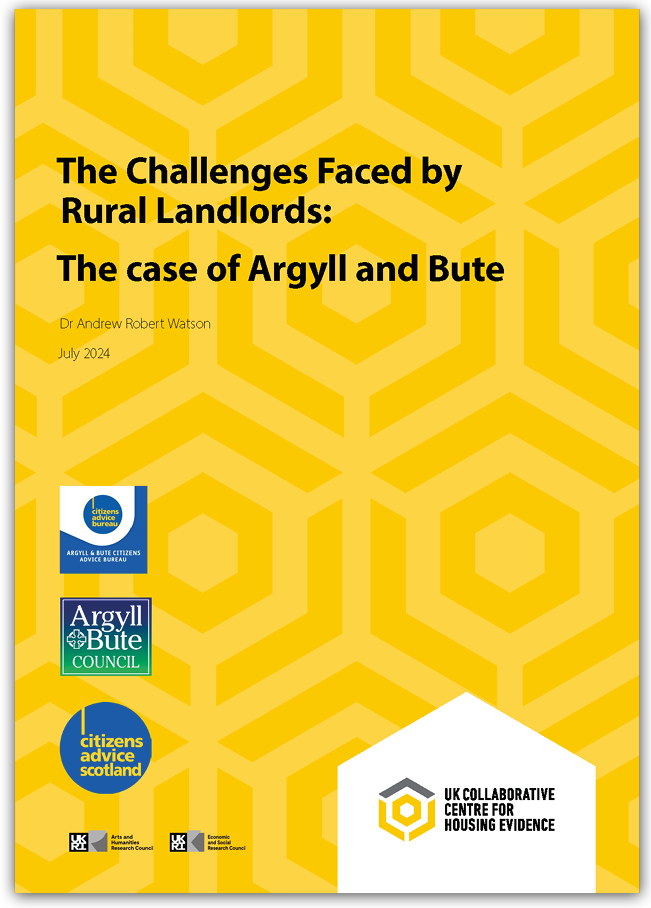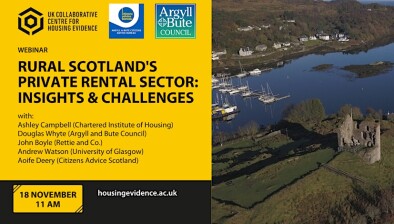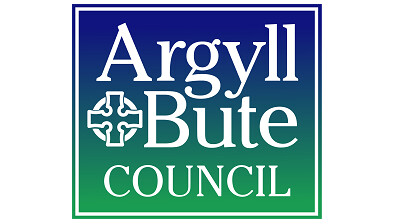New report highlights challenges faced by rural landlords

A new report commissioned by Argyll and Bute Citizens Advice with support from the UK Collaborative Centre for Housing Evidence (CaCHE) has shed light on the current landscape of rural landlords in Argyll and Bute, the first local authority to declare a housing emergency in Scotland.
The report reveals significant challenges that will shape the future of the region’s housing market and highlights the need for strategic interventions to support both landlords and tenants.
Written by Dr Andrew Robert Watson, the report focuses on the composition of rural landlords in Argyll and Bute, the challenges they face and their future intentions.
Due to the predominately rural nature of Argyll and Bute, the research found that landlords face unique challenges that are compounded by rising costs, a lack of available tradespeople, and an increasing legislative burden.
Many landlords in Argyll and Bute are struggling to maintain their properties, with the availability of tradespeople and maintenance of dwellings ranking as the top challenges, it added. The rising costs of compliance with new regulations, coupled with the pressures of inflation and interest rate rises, have led many landlords to question the viability of holding on to their properties.
With the potential for a significant reduction in available rental properties, the report outlines that without immediate action to support landlords, the already critical housing shortage in Argyll and Bute could worsen, leaving many tenants at risk.
In the report foreword, CaCHE director Professor Kenneth Gibb said: “Private renting across the UK and within Scotland has grown dramatically over the last 25 years, roughly since the Buy to Let mortgage took hold and re-introduced the mass presence of small-scale private landlords to the British way of life. Despite several previous false starts, the subsequent growth of the sector owed as much to market innovation by lenders and letting agents as it did to the declining affordability and accessibility of the other major two tenures.
“In any case, growth was unplanned but has undoubtedly transformed the housing system. It has also led to many unintended consequences e.g. the shift of right to buy homes into private renting across the UK, a greater focus on rents and affordability, and, along with that, a desire by government across the UK to intervene and re-regulate the market in different ways (as well as through fiscal measures impacting on property investors).
“Private renting is segmented into different demand and supply segments, and one important cleavage is between urban and rural renting. The latter, as Andrew Robert Watson
points out, has until now been neglected by research and evidence-gathering. This is why his new substantial report is so useful, not least to dig deep into the complexities of how rural private renting works in a specific rural setting, and to uncover the challenges it faces which impact on housing and life outcomes. For this reason, this study is a novel and genuinely important piece of work.”







